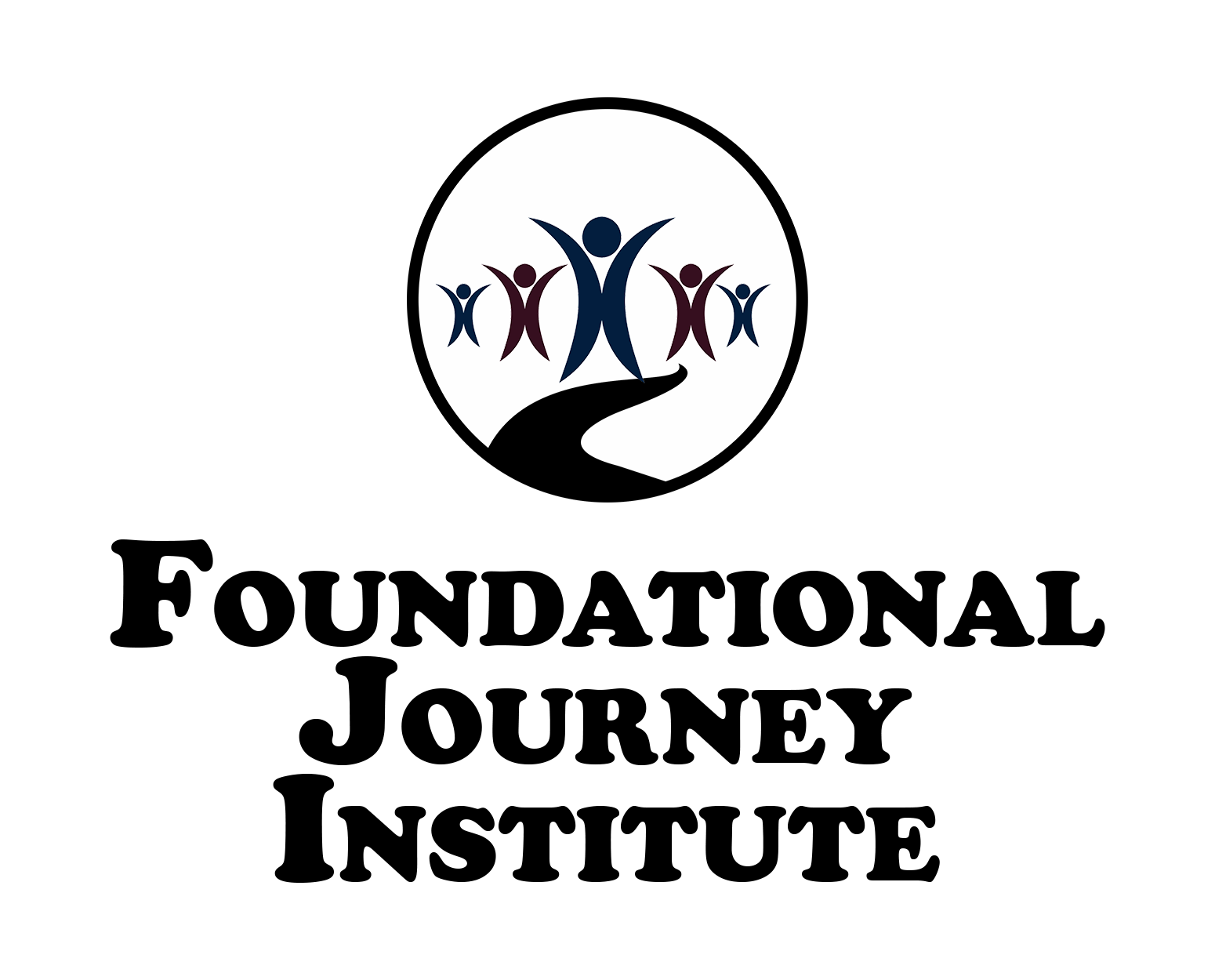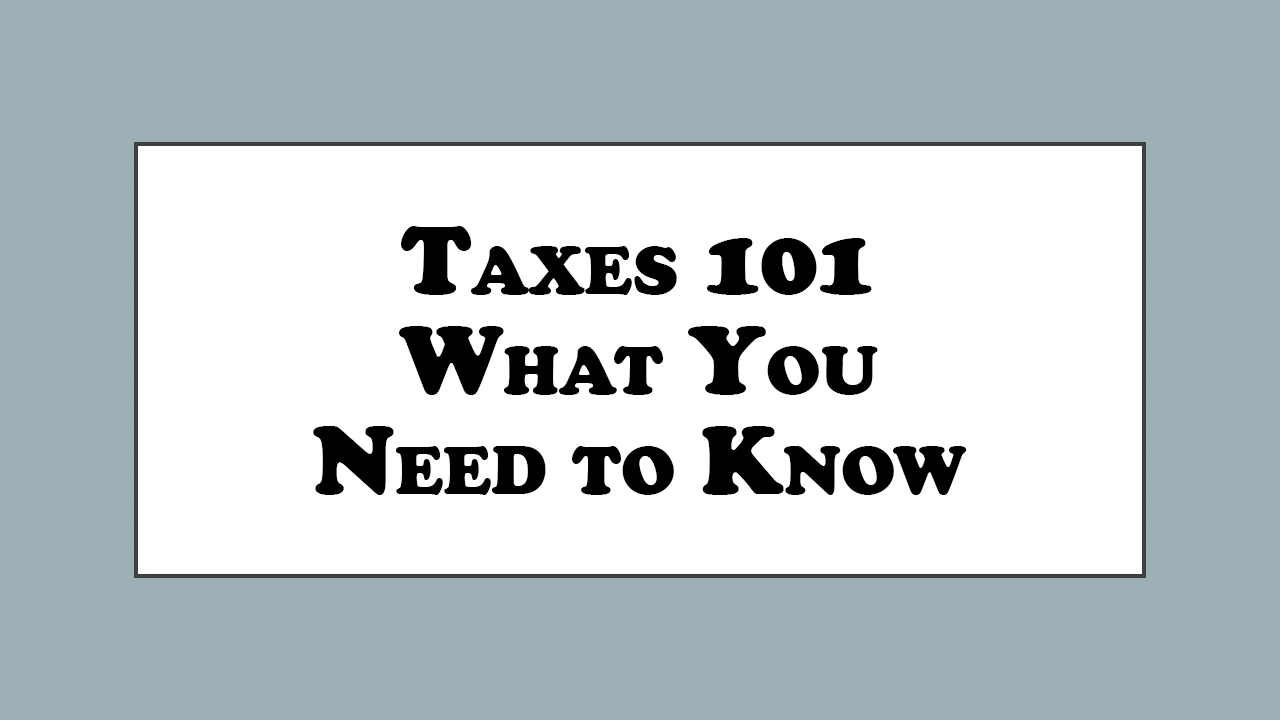
Benjamin Franklin said it best with the quote, “In this world, nothing is certain except death and taxes.”
Taxes are probably worse because estate taxes are levied on your estate even after you’ve passed on. The government never takes a break when it comes to squeezing every last dollar it can from you – alive or not.
In this article, you’ll be given a primer on taxes so that you understand what they are and how to deal with them effectively.
What are taxes?
While the Libertarians will be quick to parrot the line, “Taxation is theft!” – and to some degree they’re right, the truth is that these compulsory contributions levied by the state are used to fund public works and services that no one else will feel responsible paying for.
Examples would be road works, paying police officers and state employees/officials, paying Social Security and Medicare, etc.
Paying taxes is a bitter pill to swallow, especially when the funds are mismanaged by incompetent politicians. Nevertheless, they do have a purpose in maintaining the general order of things.
Whatever your stand on taxes may be, you’ll still need to pay them.
Tax evasion is a serious offence with heavy penalties. The government wants its money, and you can bet it will collect it one way or another.
7 common taxes to be aware of
The 7 taxes below are the most common ones, but they’re not the only ones. Familiarize yourself with the taxes below.
1. Income tax (Payroll tax) – This tax is levied on your income. Your employer will withhold a percentage of your salary and pay the government on your behalf. It’s all done automatically. So, you don’t even get to see the money and the government dips its hand into your salary before you do. Generally, the more you earn, the more taxes you’ll pay.
2. Estate tax – This is also known as ‘inheritance tax’ and it is levied on your estate (upon your death), if your estate exceeds a certain pre-determined value.
3. Sales tax – When you purchase products/services online or offline, you’ll pay a little extra for taxes. This is exactly what sales tax is – it’s a consumption tax.
4. Property tax – This is a real estate tax on your property. It could be 1.1% of the value of your home. Corporations pay property taxes too - on the various properties they own.
5. Excise tax – This is a tax levied at the manufacturing stage, unlike sales tax which is charged at the point of sale. So you can say that some goods such as alcohol, gasoline, cigarettes, etc. which have excise taxes - are taxed twice.
Once during manufacture, and once when they’re sold to the end consumer.
6. Corporate tax – This is a tax levied on the profits that corporations earn. What’s amazing here is that corporate taxes in most countries is lower than personal income tax.
This has resulted in lots of debates about why billion-dollar corporations are using loopholes to get away with paying lower taxes than the average individual.
It’s important to note that it’s not the dollar amount but the percentage that seems to be the biggest cause of concern to many.
7. Capital gains tax – If you invest in stocks and they appreciate in value, when you sell off the stocks, you’ll pay a capital gains tax on your profit.
Direct VS indirect taxes
The biggest difference between a direct and indirect tax is that indirect taxes can generally be pushed off (legally) to others. Direct taxes are non-transferable.
Taxes on your personal income and corporations’ income are direct taxes.
Sales tax and excise tax are indirect taxes.
Direct taxes are more difficult to collect because self-employed individuals and businesses can avoid taxes and so on because of expense deductions that are not available to individuals.
Indirect taxes are almost impossible to avoid because they’re levied BEFORE you can get access to the goods/services you need.
Indirect taxes have 2 disadvantages for the average person:
Firstly, they’re regressive. For example, a wealthy person and someone in the lower income bracket will pay the same sales tax for any goods and services they buy.
While the tax may mean nothing to someone who’s wealthy, it will be a burden to someone who doesn’t earn much, because their disposable income will shrink with each purchase.
And secondly, the burden of the tax can be shifted. This is a huge problem and also leads to inflation. When the government imposes excise duties or sales taxes on manufacturing, these business (corporations) will pay the taxes first…but they’ll then raise the prices of their products to recoup what they paid in taxes.
Now, consumers (who are mostly individuals) are stuck with more expensive products without realizing that they’re indirectly paying the excise/sales tax. Over and above that, they get stuck with a sales tax too.
The average individual bears most of the burden when it comes to paying taxes.
Why ‘taxing the rich’ is mostly hype
There’s a lot of vitriol thrown around on social media with thousands of people demonizing businesses and wealthy individuals.
It’s almost as if the wealthy are to blame for all the social ills on the planet. It’s common to see people saying that billionaires should not be allowed to make such obscene amounts of money while others starve.
This is a philosophical debate which has no end in sight. Let’s look at what actually matters – the system and the numbers. When you tax the rich, you can bet that they’ll have money to hire the best tax consultants and lawyers in the business to find tax loopholes to get around legislation.
Rest assured, there will always be a way for them to avoid paying unnecessary amounts in taxes. The system is designed by and for them.
Lobbying helps them too. Should legislation not work in their favor, businesses will shift their factories and operations to countries with lower taxes and cheaper labor costs – all in the name of profit. As a result, many people will lose their jobs.
Once again, the average person takes the brunt of it. The harsh truth is that taxing the rich will not lift the poor out of poverty. It’ll only make politicians richer. So what should you do?
Legally reducing your taxes
Many people find it aggravating to see that governments which rarely produce or create anything of value, get so much money so easily. This also explains why politicians spend taxpayer money recklessly.
The best thing you can do for yourself is to speak to a tax consultant and find ways to reduce your own taxes. You must consult a professional who is up-to-date on the latest tax laws.
They’ll be able to guide you on how you can move your money into tax-deferred retirement accounts and so on. Proactively finding ways to reduce your taxes will benefit you considerably in the long run. The government has enough money and it keeps printing more while sucking the people dry.
If you wish to stay solvent and have a nest egg saved up for retirement, you’d be wise to pay attention to your taxes and do the needful.
“Collecting more taxes than is absolutely necessary is legalized robbery.” - Calvin Coolidge


